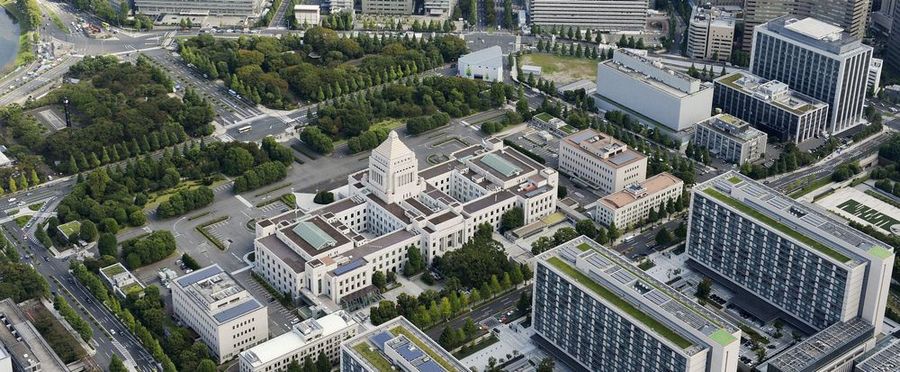The Japanese government is mulling over a proposal to provide free meals for public elementary school children. The initiative aims to alleviate financial strain on families and promote educational equality. With details yet to be completely ironed out, the potential implementation timeline and funding resources remain unclear. This proposition is part of a broader program vigorously promoted by the government to enhance public school education.
In Japan, the school lunch program is not merely about providing meals. It plays a significant role in promoting education, nutrition, food culture, and agricultural industries. Therefore, accessibility to school lunches impacts children's nutrition, education, and overall growth. The society is hopeful about the proposal, as it aligns with the values of equality and fairness that underpin Japanese educational philosophy.
In the U.S., the National School Lunch Program provides free or reduced-price meals to children in public and nonprofit private schools and residential child care institutions. Meanwhile, in the EU, countries like Sweden and Finland offer free school meals to all students, supporting the principle of equal access to education.

